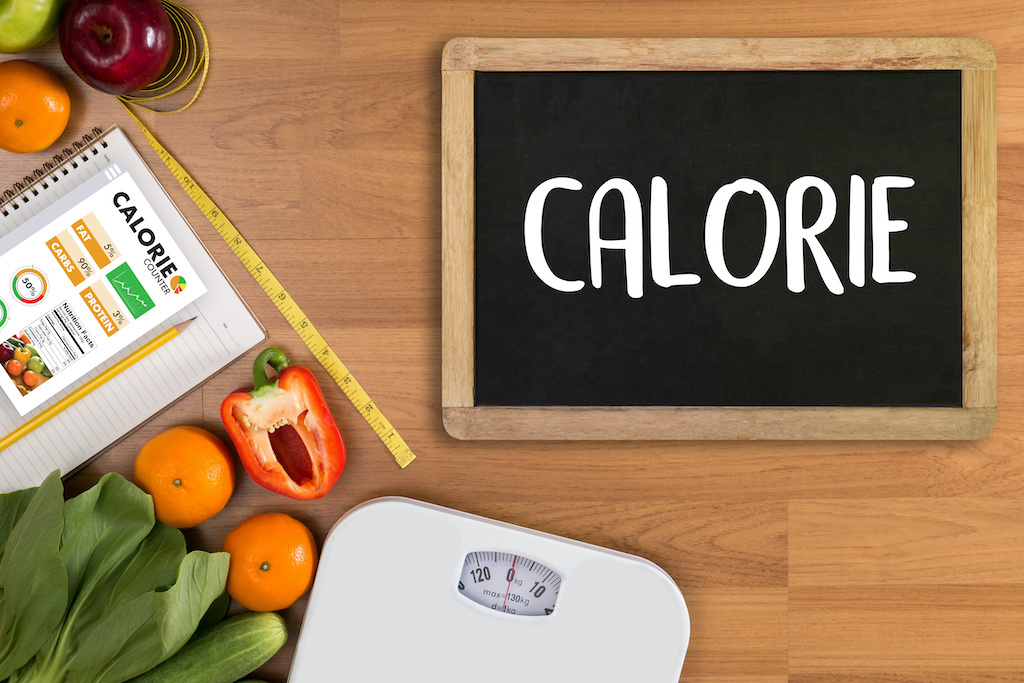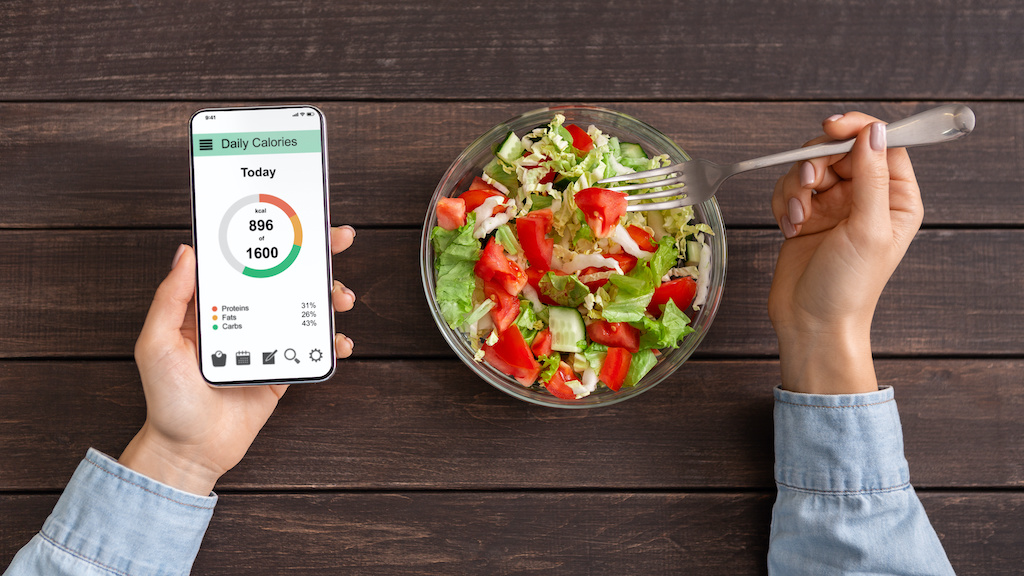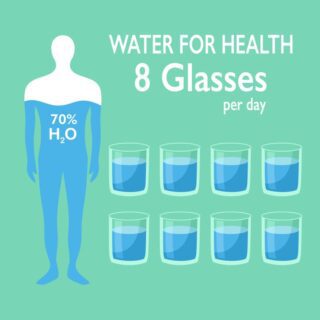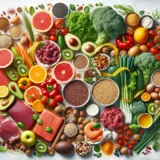Calories and Weight Loss: Understanding the Science Behind Dieting

The concept of calories is central to the science of weight loss. Understanding how calories work and their impact on the body can help individuals make informed decisions about their diet and achieve their weight loss goals.
What are Calories?
Definition:
- A calorie is a unit of energy. It measures the amount of energy provided by food and the amount of energy the body uses.
- The energy from calories is essential for bodily functions such as breathing, digestion, and physical activity.
Caloric Needs:
- The number of calories a person needs varies based on factors such as age, sex, weight, height, and activity level.
- Basal Metabolic Rate (BMR) is the number of calories required to maintain basic physiological functions at rest. It accounts for the majority of a person’s daily caloric needs.
The Science of Weight Loss
Caloric Deficit:
- Weight loss occurs when there is a caloric deficit, meaning the body burns more calories than it consumes.
- Creating a caloric deficit can be achieved through a combination of diet and exercise.
Caloric Surplus:
- Conversely, weight gain occurs when there is a caloric surplus, meaning the body consumes more calories than it burns.

Balancing Calories for Weight Loss
Healthy Diet:
- Focus on nutrient-dense foods that provide vitamins, minerals, and other essential nutrients while being relatively low in calories. Examples include fruits, vegetables, lean proteins, and whole grains.
- Avoid empty-calorie foods that provide little nutritional value, such as sugary beverages, candies, and fast food.
Portion Control:
- Be mindful of portion sizes to avoid overeating. Using smaller plates, measuring food portions, and paying attention to hunger and fullness cues can help control calorie intake.
Regular Exercise:
- Physical activity helps burn calories and can create a larger caloric deficit. Incorporate a mix of cardio and strength training exercises for optimal results.
- Aim for at least 150 minutes of moderate-intensity exercise per week, as recommended by health authorities.
Tracking Progress:
- Keeping track of daily caloric intake and expenditure can help individuals stay on track with their weight loss goals. Various apps and tools are available to simplify this process.
Summary:
- Calories are units of energy provided by food; weight loss occurs when there is a caloric deficit, meaning the body burns more calories than it consumes.
- A healthy diet focusing on whole, unprocessed foods, portion control, and regular physical activity are essential for creating a sustainable caloric deficit.
- Tracking progress through food journals and fitness apps can help individuals stay on track with their weight loss goals, ensuring they make informed decisions about their diet and exercise routines.

This article reviewed by Dr. Jim Liu, MD and Ms. Deb Dooley, APRN.
There’s nothing more important than our good health – that’s our principal capital asset.
#medical #telehealth #umedoc










